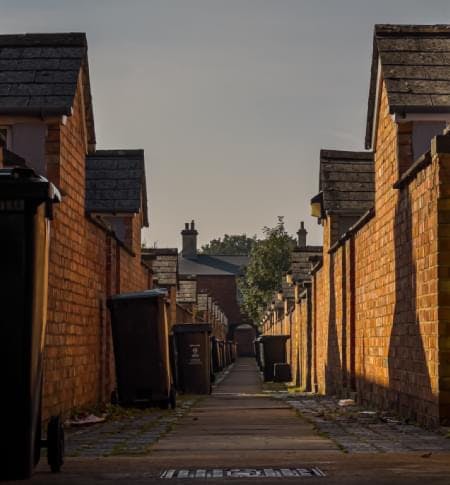Strike is moving to a new home
Find out moreBungalows for sale

Looking to buy a bungalow? With their open plan layout, single-storey design and great accessibility for young or older family members, there’s a lot to like.
Bungalows for sale
Filters
Looking to buy a bungalow? With their open plan layout, single-storey design and great accessibility for young or older family members, there’s a lot to like.
Single storey with flexible accommodation, bungalows are child-friendly, likely to have an open plan kitchen/dining/living area which makes for super-flexible, easy-to-use, bright and airy spaces. They have low-cost maintenance and repairs and are often situated within a large plot with a wraparound large garden.

What defines a bungalow?
Why are they called bungalows?
Are bungalows a good investment?
Do bungalows hold their value?
Are bungalows easy to sell?
What are the benefits of bungalows?
What are the disadvantages of bungalows?
Are bungalows still being built?
Are bungalows just for old people?
Are bungalows just for old people?
Is downsizing to a bungalow best for you?
Do bungalows have bigger plots and gardens?
Can you extend a bungalow?
Yes! Bungalows have lots of extension potential. Want to extend upwards? You’ve got the loft for that. A loft extension is a great way of adding an extra bedroom or office space onto your home. The only downside is that you’ll have to add some form of stairs (durh) which then means your house is no longer a “proper” bungalow because it has stairs in it. It’s actually then known as a chalet bungalow.
If you want to keep your bungalow a stair-free space, then why not extend outwards? Bungalows tend to be on a sizable chunk of land, giving you ample opportunity for lateral growth, whether it’s a conservatory, a kitchen extension or a “granny annex”. The new demand for remote working options means homeowners are thinking more about how to build an office into their home, and having a garden means you could extend to accommodate an office in your home, or use the space to erect a separate garden shed/office.
Is it a good idea to buy a bungalow?
Are bungalows cheaper?
How much does an average bungalow cost?
Are bungalows more private?

Find your borrowing potential
Mortgage advice, without the fuss
Find the best possible rate and borrowing options for you
Friendly, straightforward mortgage advice — without the jargon
Access to over 90 lenders and over 12,000 deals
Strike feel free
Copyright © Strike Limited 2024

